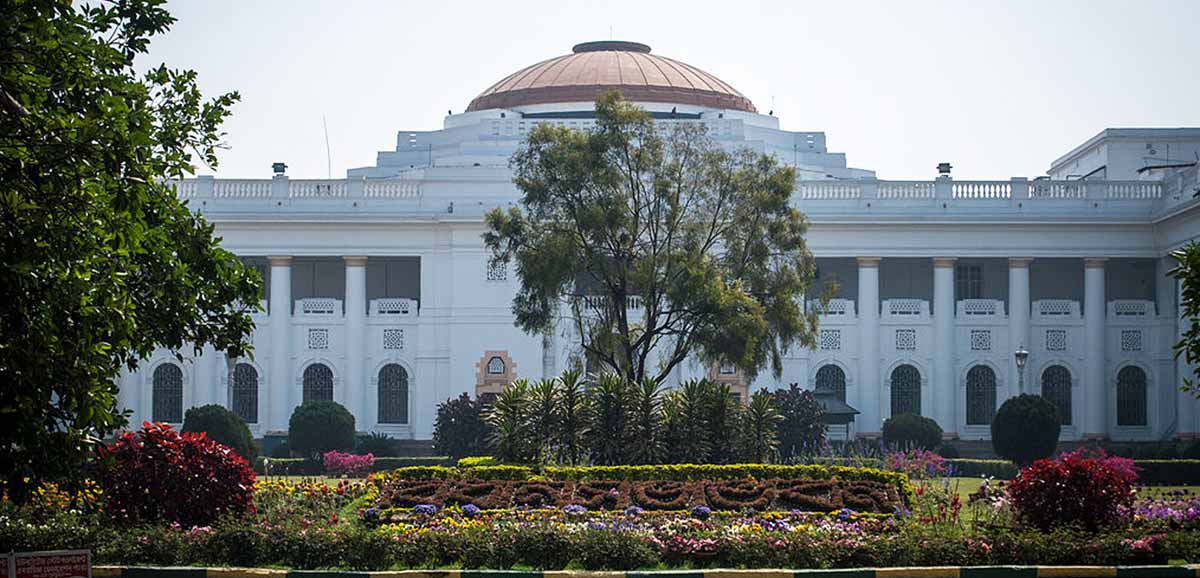The Trinamool Congress Government has always believed in a humanistic approach to governance; not for nothing does it also call itself the Maa-Mati-Manush Government.
In pursuance of this aim, the Government has taken up several skills development projects for correctional home inmates to make their lives better (by earning some money while keeping their minds focused on positive thoughts), and enable them to lead better lives after release.
In correctional homes across Bangla, the Correctional Services Department, by itself as well as in collaboration with various organisations, runs these skills training courses.
Recently, the Dum Dum Central Correctional Home (DDCH), in collaboration with an NGO, ran a project for training inmates with carpentry skills to manufacture a wide variety of home décor items from discarded wooden pieces.
It was a three-day workshop, with classes held one day per week for three weeks. Twenty-five inmates of DDCH were trained through the project.
Teaching to make designer wooden items is aimed at empowering the inmates to promote inclusivity and sustainability through eco-friendly products. The exquisite upcycled wood products are designed using dead and abandoned tree trunks.
Another successful project has been going on at DDCH for almost two years. Run in collaboration with the same NGO, the project is called ‘Jute Story Behind Bars’. Through it, inmates are trained in making artisanal jute products.
The wide array of jute products have been showcased and sold by the inmates at various fairs and exhibitions, evoking excellent response. The products are also displayed and sold at Oxford Bookstore on Park Street.
Source: Millennium Post










